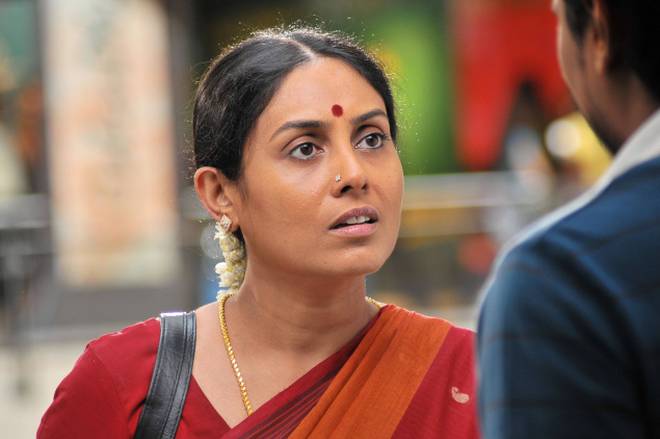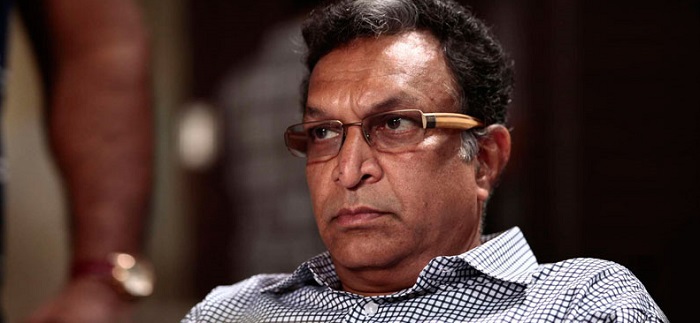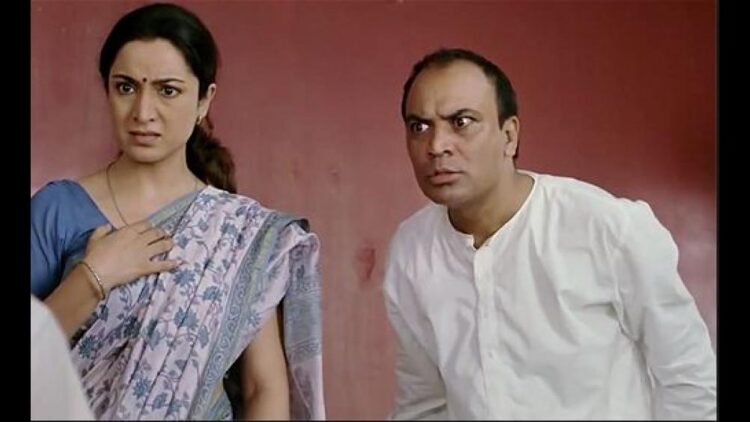“Ma, look! I got 80% on my mid term exam!” an 8 year old runs to her mother. Instead of beaming with pride, the mother snatches the exam paper from the child’s hands and flips through the pages, scanning each sheet for where her daughter went wrong. “Why didn’t you answer this correctly? It’s something they’ve covered in tuition and I went through it again with you before the exam!”
7 years later, the teenager is celebrating her gold medal in the MSSD badminton championship. In the car ride home, her father begins his lecture, “All this is ok, but you really need to focus on your studies, badminton won’t lead you to success,”
As the daughter celebrates her 28th birthday with the purchase of her new Honda Civic, the mother goes on a rant, “Yeah, just because you have bought a car already, don’t think the world is yours. You still need to work hard to pay the monthly installments, otherwise they will tarik your car!”
Condemn, never compliment

The first instinct for Indian parents when a child returns with an accomplishment seems to be to belittle it. It is as if there is a voice inside them that says, “OMG! I cannot believe my son has accomplished this! But wait, I cannot possibly tell him that I’m proud of him.”
Of course, there are many, many parents who are the paragon of encouragement and are always supportive of their child’s endeavors. To those who are privileged, this piece does not address your experience.
Many of us millenials endure this chiding of achievement every time we share a milestone with our elders, and to be blatant, it just sucks. Celebration, or at least, validation is due for a variety of events, from graduating with first class honors, to earning a good amount from the day’s Grab driving. And it is natural to want to share these moments with the people closest to you, your family. But when your achievement is deprecated, is it worth sharing any more?
Why do Indian parents do this?

Short answer: Because their parents did it to them. Needless to say, we Indians aren’t very good at telling our family members how we really feel, be it good or bad.
It could also be attributed to the ego of an elder, or the irrational fear that telling the kids they’ve done well will make them conceited and big headed. This makes no sense because us children don’t turn lazy the moment we are praised, instead, we will be motivated to do better to earn more praise. While each generation has chipped at this wall of horrible self pride, remnants of it still remain.
Many Indian parents build expectations around their child. And when the child doesn’t tick their boxes, and ticks her own, they find it hard to accept and feel the need to let go a few stingers. This is because we are a collectivist society, meaning some parents are just more concerend about what ‘society will say’ than the happiness of their own children.
Parents do not understand that they are doing one of two thing. Either driving their child away, or making the child overly dependent on them as they enter adulthood, because of their ever critical gaze. I mean, do you really want your adult child to still be looking to you for validation of her work?
So what if they do? I turned out fine.

The effects of this belittlement can be disastrous. It goes without saying that we are raised in a culture where our parents have to be revered, and their wishes and thoughts are what matter, more than our own, most times.
When so much emphasis is put on the parents’ view of the child’s achievements, the child who has accomplished something remarkable will feel incompetent. And this goes on well into adulthood. In some cases, the feeling of incompetence overflows into the individual’s daily life, affecting careers, friendships and relationships.
Of course, it isn’t right to put the rise and fall of your achievements into the narrow gaze of your parents, but can we blame the adult children if this is what they have been indoctrinated with all through?
Yikes. So what do we do?
First things first, adults need to stop putting the merit of their achievements in the reactions of their parents. While this may be hard after years and years of brainwashing, it is possible.
It is also important to remember that your parents did their duty by raising you, and being grateful for that is different from letting them make you feel small. Self love and self acceptance is key for this to happen.
Secondly, those who are becoming parents themselves can be mindful of this. Just because you were caned and turned out fine, doesn’t mean that caning your child will work similarly. You and your child are of different eras.

There is no dearth of information on parenting and positive reinforcement online. Young and future parents, read up on this. Let’s not perpetuate the condemn, never compliment culture our parents brought us up with.
Ultimately, we want to create a society that is able to love and respect themselves as much as they love their elders. Isn’t this an easy first step in that direction?
Follow us on Instagram, Facebook or Telegram for more updates and breaking news.








